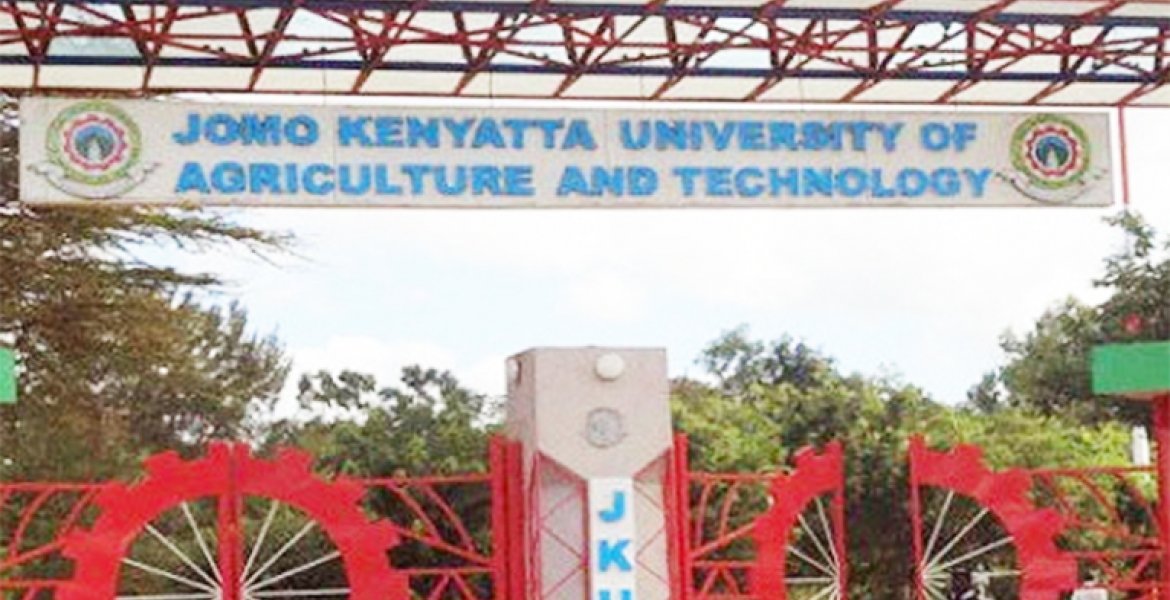
Collaborative efforts between two professors at Jomo Kenyatta University of Agriculture and Technology (JKUAT) have led to the development of an innovative livestock deworming drug named Bromecure. Dr John Kagira from the Department of Animal Science and Prof Naomi Maina from the Department of Biochemistry unveiled this groundbreaking solution at the university’s main campus in Juja, Kiambu County. The drug is derived from pineapple and seafood extracts, presenting a novel approach to deworming in livestock.
Bromecure holds significant promise in optimizing gut health among goats, sheep, and cows, thereby enhancing livestock production for farmers. The development of this drug represents a substantial advancement in livestock management. Utilizing bromelain from pineapple peels and chitosan from seafood waste, Bromecure offers a safer and more sustainable alternative to conventional dewormers. This addresses concerns over drug resistance and harmful residues in animal products.
JKUAT’s research, led by Dr Kagira and Prof Maina, identifies helminthiasis as a major hindrance to livestock growth in East Africa, causing significant losses to farmers. Conventional deworming drugs have been the go-to solution, but Bromecure provides a more effective and environmentally friendly option. Additionally, the researchers formulated gut-friendly silage from fermented pineapple waste, contributing to carbon emissions reduction and environmental sustainability.
These innovative products were developed through a project funded by Bioinnovate Africa, an initiative supported by the Swedish International Development Cooperation Agency (SIDA) and implemented by the International Centre of Insect Physiology and Ecology (ICIPE) in Nairobi, Kenya. During a meeting at JKUAT to present the innovations to Bioinnovate Africa, Deputy Vice Chancellor Prof Jackson Kwanza commended the professors for their groundbreaking work. Dr Julius Ecuru from Bioinnovate Africa praised JKUAT researchers for aligning biological research concepts with commercial viability.
This collaboration involves key partners such as Université Evangélique en Afrique (UEA), Sokoine University of Agriculture (SUA), and Vetcare Africa, marking a significant step towards bridging research with business and market opportunities. The innovations not only benefit livestock farmers but also contribute to sustainable waste utilization and environmental conservation. Small and large-scale pineapple farmers stand to gain from increased sales of pineapple waste, while animal health practitioners and agro vets can access a new drug for livestock diseases resistant to current market options.
